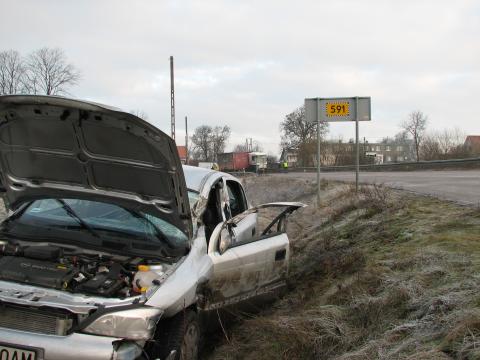
Drunk driving is a dangerous practice. In addition to being a crime – misdemeanor and felony – the loss of life and injury caused by drunk drivers is devastating to communities. In a rush for judgment and enforcement of drunk driving laws, sometimes local governments downplay that even if they are driving drunk, suspected drunk drivers have constitutional rights.
Is Refusing to Take a Breathalyzer Test a Crime?
Last month, the U.S. Supreme Court heard arguments on whether or not a drunk driver’s refusal to take a breathalyzer test when stopped on suspicion of drink driving can form the basis of a crime – for refusing to take a breathalyzer test. It is indisputable, that a suspected drunk driver may refuse to take a breathalyzer test. To compel the collection of a breath or blood sample to determine blood alcohol content levels, prosecutors must then seek a warrant.
Fourth Amendment Right Against Unreasonable Searches and Seizures
Any search conducted without a warrant is a violation of the U.S. Constitution’s Fourth Amendment against unreasonable searches and seizures. The exception is a search without a warrant is legal if the arresting police officer or law enforcement official feels his or her life is in danger.
A Brief Description of the Minnesota and North Dakota Cases
The cases that brought this issue to the U.S. Supreme Court’s attention come from Minnesota and North Dakota. Minnesota argues that taking a breathalyzer test is a search incident to an arrest, and is therefore not a violation of the Fourth Amendment’s right against unreasonable searches and seizures. The problem with Minnesota’s logic however is that testing a suspect’s breath or blood has nothing to do with police officer safety or fear for his or her life.
North Dakota advances that all drivers in the state implicitly consented to provide blood or breath test whenever a driver drives in the state and asked to participate in the test by law enforcement. They further state a criminal suspect may refuse to take the breath or blood test but that refusal is another crime. The practice has nothing to do with the Fourth amendment.
Fierce Debate
Opponents to the positions advanced by Minnesota and North Dakota claim, charging a person for a crime because they refuse to take a breath or blood test in relation to a DWI arrest violates the Fourth amendment. Many jurisdictions already have civil penalties in place for suspected drunk drivers that refuse a breathalyzer test in relation to a DWI arrest – namely driver’s license suspension or revocation. If refusing to take the breathalyzer test is a crime – the states, then are forcing people to give up Fourth amendment protection by forcing a warrantless chemical test to determine BAC of the blood. A decision by the U.S. Supreme Court is expected in the summer.
Contact a DWI Defense Attorney Today
At The Law Office of Kimberly Griffin Tucker, P.C., we represent people in criminal DWI proceedings and at the civil administrative ALR hearings, primarily in the city of Plano and the surrounding counties in Texas. If you or someone you know has been arrested for DWI, contact us for a detailed case evaluation.
